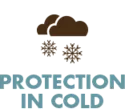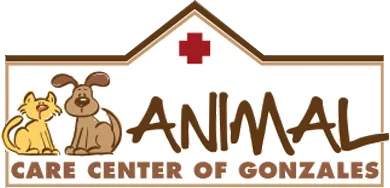
Although fireworks can bring enjoyment to young people, pets are particularly sensitive to them. Never use fireworks around your pet. Mishaps could result in severe burns, and many of the loud sounds can seriously damage their ears.

We know no one likes to get their shots, but for pets the experience is a necessary one. Kittens and puppies should receive their vaccines at 6-8 weeks, 9-11 weeks, 12-14 weeks, and then annually.

When the cold weather approaches, animals tend to feel the worst of it. Here are some tips for keeping your pets nice and comfortable:

- Animals are like humans during the winter, as the thicker the coat, the warmer they are. If your animal is short haired, consider a sweater or jacket, preferably with a high neck.
- Completely dry your pet after bathing. As temperatures dip, the easier it is for your little one to develop an infection.
- Just like the summer months can trap hot air in a car, the winter months can turn your vehicle into a freezer. Never leave your dog or cat alone in a car during cold weather.
- Make sure your fuzzy friend has a warm and comfortable place to sleep.
- Avoid drafts and windows and if your pet sleeps on the floor, make sure he or she has a blanket. The perfect alternative is a warm and toasty cat or dog bed.

Remember that if you’re uncomfortable in the heat, then your pets are too. Here are tips for happy pets during the long, summer months:
- Always provide fresh water and shade. If you plan on being gone for a long amount of time and your animal is outdoors, use ice cubes to keep the water cool.
- Never leave an animal in a parked car, as trapped warm air can lead to overheating
- Keep your pet well groomed. For those pets who are shaved or generally hairless, remember to apply an animal sunscreen.


Pets, like humans, should receive blood work prior to any anesthetic event. This can eliminate any unnecessary risks while ruling out complications.


Cats tend to file their own nails, but it’s a little trickier for dogs. Make sure to keep your dog’s claws trimmed, as if they get too long they can be very painful for them when walking.

There are many poisonous variations of plants. If your animal has a love for the great outdoors, make sure to watch them for any signs they may have been poisoned while out on an adventure. Make sure to get them to Dr. Rob, straight away. Poinsettias are perhaps the most famous poisonous plant, so take extra care at Christmastime.
